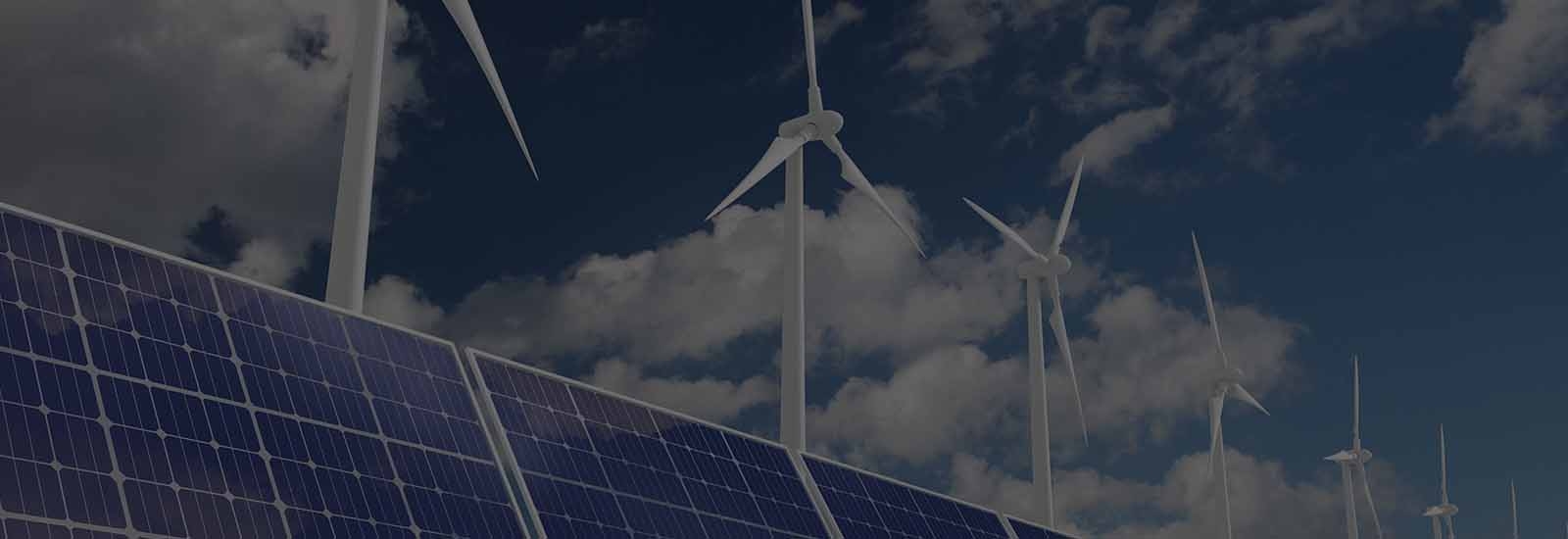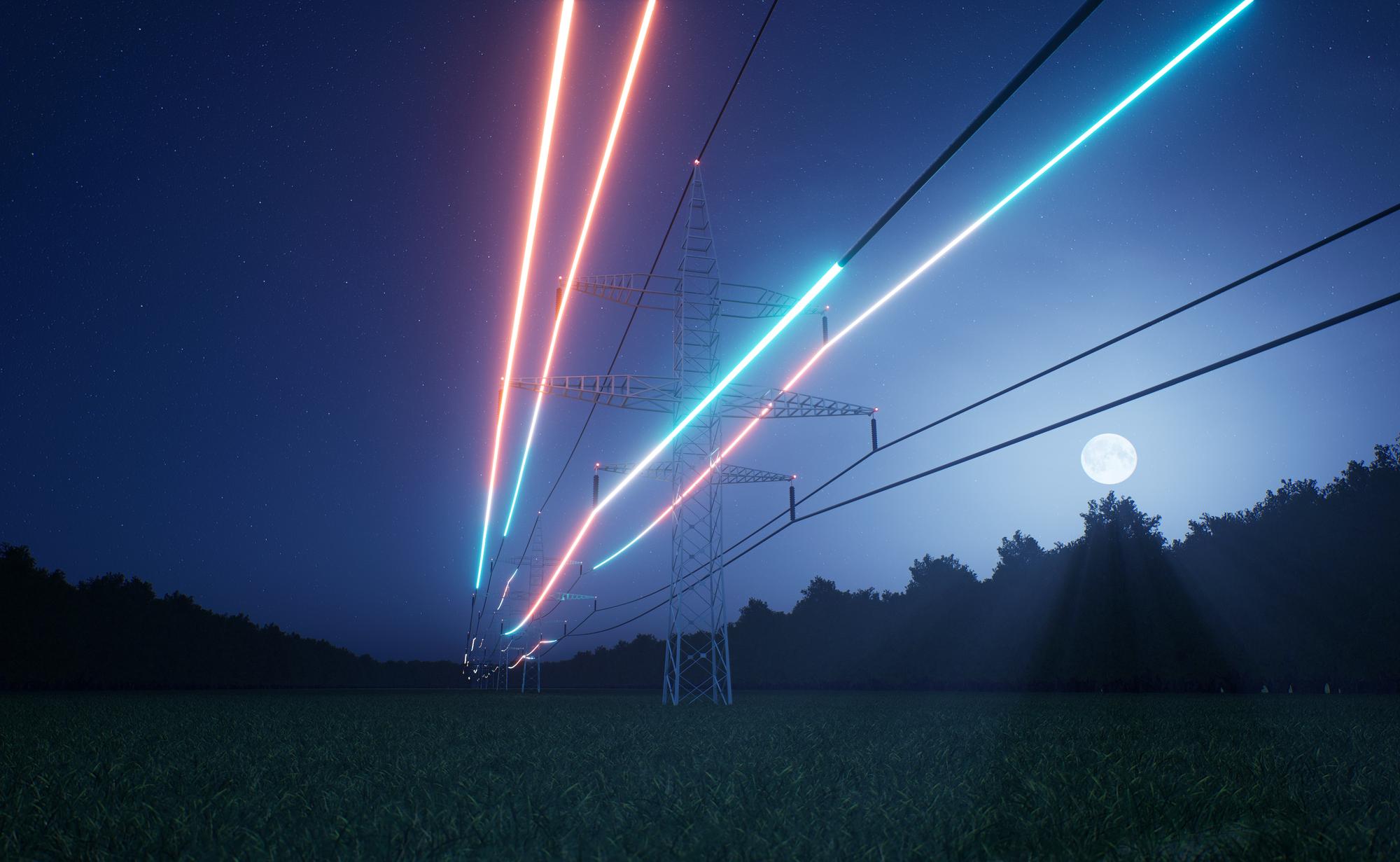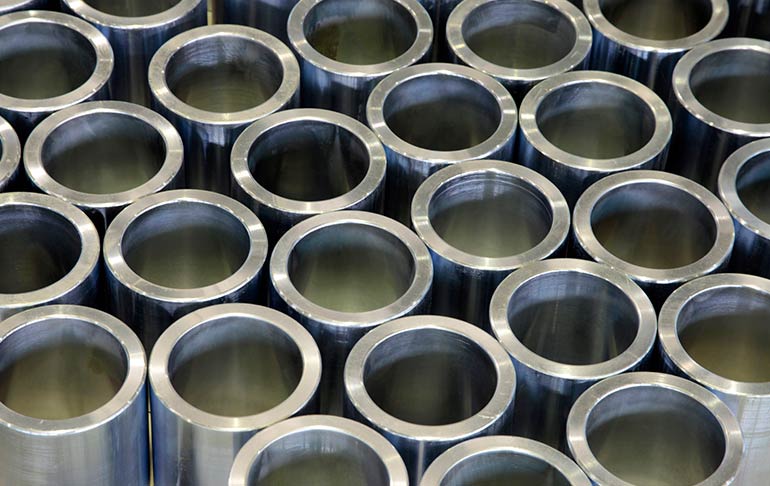Clean Energy Tool
Reliable, consistent and digestible information for investment in clean energy projects around the world.

Reliable, consistent and digestible information for investment in clean energy projects around the world.

Ukrenergo completes another auction for the purchase of fast reserves
NPC Ukrenergo has completed its fourth long-term auction for ancillary services, approving 249 MW of reserves. Service provision is scheduled to begin on 1 December 2026.
Winners include both current service providers and investors who are planning new generation assets, such as gas engines, gas turbines, biomass plants and energy storage systems. All facilities must respond to Ukrenergo's dispatch signals within 15 minutes. Developers have until the end of November 2026 to complete construction, certification and commissioning.
Average accepted prices:
Projected savings over five years are substantial – over UAH 233 million for upward loading services and nearly UAH 5 billion for symmetrical reserve services.
NEURC extends electricity market price caps for an additional six months
The National Energy and Utilities Regulatory Commission (NEURC) has extended the current price caps on Ukraine's electricity markets for another six months. The decision was adopted during the commission's meeting on 27 May.
The following limits will continue to apply on the Day-Ahead Market (DAM), Intraday Market (IDM) and Balancing Market:
| DAM and IDM | Balancing Market | |
| 00:00–07:00 & 11:00–17:00 | 5,600 UAH/MWh €117/MWh 47,6926 | 6,600 UAH/MWh €138/MWh |
| 07:00–11:00 & 23:00–24:00 | 6,900 UAH/MWh €145/MWh | 8,250 UAH/MWh €173/MWh |
| 17:00–23:00 | 9,000 UAH/MWh €189/MWh | 10,000 UAH/MWh €210/MWh |
| MINIMUM CAP | ||
| 10.00 UAH/MWh €0.21/MWh | 0.01 UAH/MWh €0.0002/MWh | |
Guaranteed Buyer receives permission to begin exporting electricity
State Company Guaranteed Buyer (Guaranteed Buyer) has been registered on the EAP platform to participate in cross-border transmission capacity auctions towards Romania and Moldova. In accordance with the Ukrainian cross-border transmission capacity allocation rules, the Guaranteed Buyer was officially permitted to take part in such auctions beginning 13 May 2025.
Previously, the Guaranteed Buyer attempted to export electricity via the Ukrainian Energy Exchange. However, those efforts were unsuccessful due to a lack of demand.

Calls for an official appeal on CBAM
The All-Ukrainian Energy Assembly has called on the Cabinet of Ministers of Ukraine to urgently request a temporary exemption from the EU's Carbon Border Adjustment Mechanism (CBAM) for Ukrainian exports on the grounds of unforeseeable, exceptional and unprovoked events. Set to fully launch in 2026, CBAM is intended to price carbon emissions embedded in carbon-intensive goods imported into the EU.
The All-Ukrainian Energy Assembly warns that even during the transitional phase, CBAM poses serious risks to key Ukrainian exports such as electricity and steel. Without exemptions, Ukraine could face export revenue losses, lower investment in energy sector upgrades and slower post-war infrastructure recovery.
CBAM was designed by the EU as part of its broader European Green Deal, along with the Fit for 55 package, and formally adopted in May 2023. The implementation is scheduled in the following stages:

To streamline the process and reduce administrative burden, especially for small and medium-sized enterprises (SMEs), the European Commission introduced the Omnibus Simplification Package in February 2025.
On 27 May 2025, the Council adopted its general approach on the Omnibus package, which includes key CBAM simplifications such as a new 50-tonne de minimis threshold that exempts small importers, while still covering about 99% of total emissions. The proposal also streamlines emission reporting, authorisation and financial procedures for the remaining CBAM operators.
Initiative to integrate the principles of sustainable finance into Ukraine's national policy on green bonds
On 29 May 2025, an interagency meeting was held under the chairmanship of Yuriy Katsion, Advisor to the Presidential Office. The meeting focused on integrating sustainable finance principles into national policy.
The Sustainable Banking and Finance Network (SBFN) defines sustainable finance as a set of policies that are intended to:
It was also announced that draft amendments to the Law of Ukraine On Capital Markets and Organised Commodity Markets are being prepared regarding green bonds – securities whose proceeds are allocated to environmentally beneficial projects such as energy efficiency, renewable energy and waste management.
While the specific amendments related to green bonds in the forthcoming draft law will not be detailed until later in 2026, the development of these amendments is expected to reflect the environmental objectives and technical screening criteria outlined in the EU Taxonomy Regulation (2020/852), which provides a framework for identifying environmentally sustainable economic activities.
The regulation sets six environmental goals and four principles of sustainable economic activity:
Environmental goals:
Principles:
The National Securities and Stock Market Commission (NSSMC) has outlined the adoption of the EU Taxonomy Regulation as a key milestone in its sustainable finance roadmap. This alignment will help ensure that green bond issuance in Ukraine is consistent with international standards, enhancing investor confidence and supporting the country’s green transition.

Ukraine prepares to host small modular reactors in the Chornobyl Exclusion Zone
The State Agency of Ukraine on Exclusion Zone Management (SEZA) plans to allocate land plots within the Chornobyl zone for the deployment of small modular reactors (SMR) in a partnership with the national nuclear energy generating company, Energoatom (Energoatom).
This initiative is part of a national program to develop SMR technologies in Ukraine. In November 2024, during the COP29 Climate Conference in Baku, Ukraine and the United States announced the launch of three interconnected SMR projects with a total funding package of $30 million. Earlier assessments by Energoatom and NPC Ukrenergo identified 12 potential sites across Ukraine.
The Ministry of Energy notes that SMR technology offers key advantages over traditional nuclear power plants, which includes modular manufacturing, easier transport, enhanced safety and lower initial investment. Its development is seen as a strategic pillar for postwar recovery, energy security and decarbonisation.

Ukraine and Finland sign energy cooperation memorandum
On 7 April 2025, the Ministry of Energy of Ukraine and the Ministry of Economic Affairs and Employment of Finland signed a memorandum of understanding in the field of energy. The agreement outlines cooperation in:
Cooperation will take the form of support for public and private investment, joint R&D, exchange of experts and researchers, technology and knowledge sharing, and fostering business and innovation partnerships between agencies, associations and companies.

DTEK secures financing for Ukraine’s largest energy storage project
DTEK has reached a landmark agreement with a consortium of Ukrainian banks, led by Oschadbank, to secure funding for the development of advanced energy storage systems in Ukraine.
Three banks – Oschadbank, PUMB and Ukrgasbank – will provide around UAH three billion (approximately EUR 67 million) to finance the construction of one of the largest energy storage complexes in Eastern Europe.
The loan agreement covers five battery energy storage systems (BESS) with a combined capacity of 180 MW. In total, six BESS facilities with a total capacity of 200 MW are planned across various regions of Ukraine.
The banks will finance a portion of the project cost, while the remainder will be covered using DTEK's capital. The loan agreement is valid until 25 September 2030.
Back on 25 January 2025, DTEK announced the selection of Fluence Energy B.V., a subsidiary of Fluence Energy, Inc. (NASDAQ: FLNC), to implement Ukraine's first large-scale BESS portfolio. With a total investment of EUR 140 million, the project represents a major step toward enhancing the country’s energy independence, improving grid stability and accelerating the transition to renewables.
Fluence and DTEK (through its subsidiary DTEK Renewables) aim to complete the project by October 2025 to ensure that the systems are installed and operational ahead of the 2025-2026 winter season – helping reinforce the national grid during potential blackouts.
Ukraine to develop the Green Finance Platform for businesses and communities
Ukraine has begun developing the Green Platform – a digital catalogue of green finance programs for businesses, municipalities and public utilities. The platform will consolidate programs from the government, banks, investment funds and international donors into a user-friendly hub, offering access to loans, grants and investment opportunities. It will also feature personalised search tools and practical guidance on green transformation, including case studies and starter resources. All programs that are aligned with green finance principles are eligible for inclusion and can be submitted via an online form.
Ukraine is preparing a digital biomethane registry
The State Agency on Energy Efficiency and Energy Saving of Ukraine (SAEE) is developing and implementing a digital biomethane registry aimed at ensuring transparency in tracking, aligning with European standards and supporting the growth of the renewable gas market. A key component of this initiative is technical and regulatory integration with EU systems, which includes establishing data exchange mechanisms, signing a relevant agreement with the European Commission and achieving EU-level recognition of Ukrainian guarantees of origin for biomethane.
The registry is expected to be launched in test mode by the end of the summer 2025.

sophisticated solutions for businesses on their way to carbon neutrality
WE HELP WITH